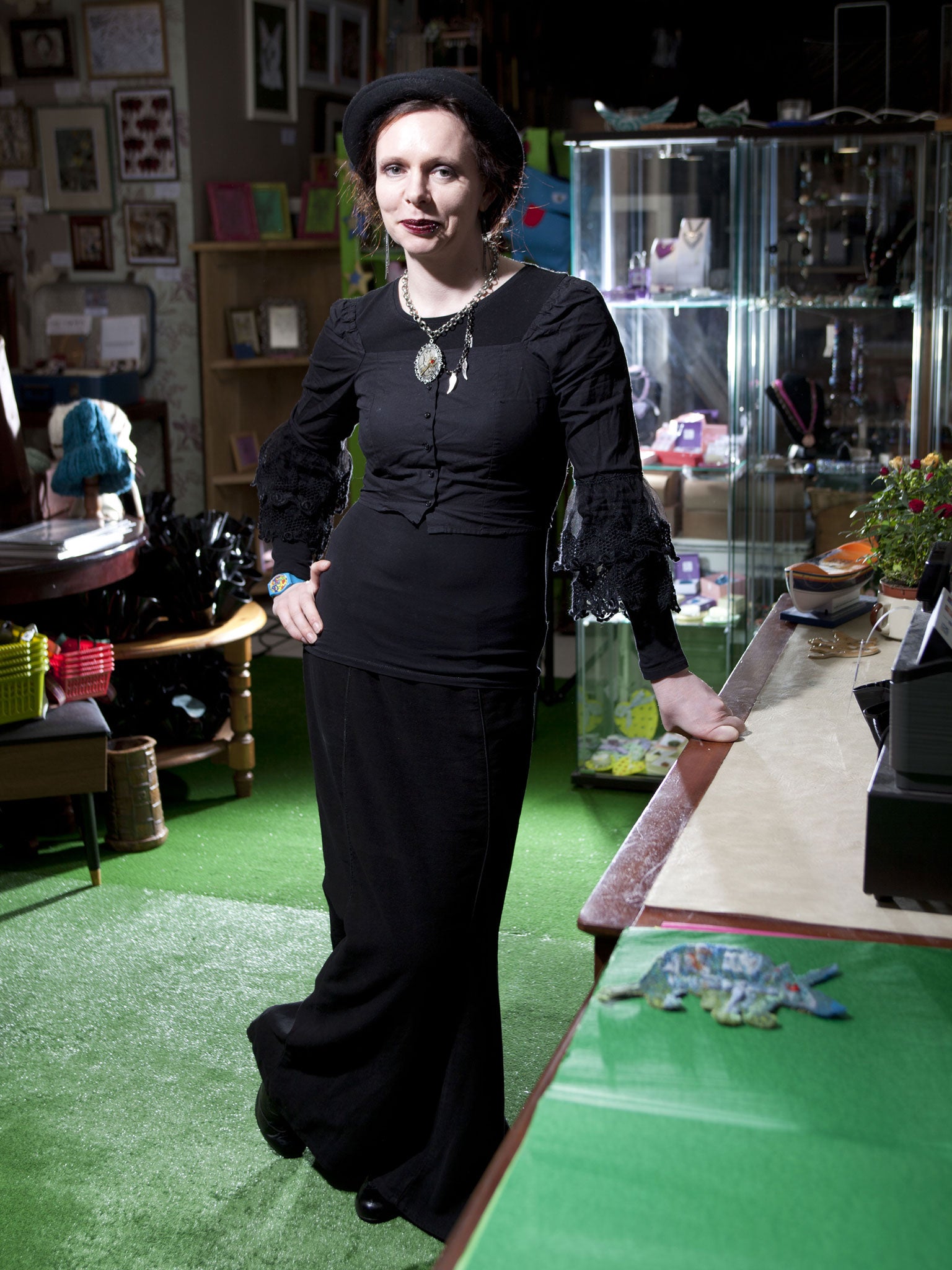Government launches probe into maternity discrimination at work after surge in complaints
Surge in complaints about mistreatment by employers since 2007 prompts inquiry

Your support helps us to tell the story
From reproductive rights to climate change to Big Tech, The Independent is on the ground when the story is developing. Whether it's investigating the financials of Elon Musk's pro-Trump PAC or producing our latest documentary, 'The A Word', which shines a light on the American women fighting for reproductive rights, we know how important it is to parse out the facts from the messaging.
At such a critical moment in US history, we need reporters on the ground. Your donation allows us to keep sending journalists to speak to both sides of the story.
The Independent is trusted by Americans across the entire political spectrum. And unlike many other quality news outlets, we choose not to lock Americans out of our reporting and analysis with paywalls. We believe quality journalism should be available to everyone, paid for by those who can afford it.
Your support makes all the difference.The Government has launched a £1m investigation into the discrimination faced by women in pregnancy and its impact on families and the economy.
More than 9,000 pregnancy discrimination claims have been brought against UK employers since 2007 and there is evidence that the recession has made discrimination by employers more common and increasingly blatant. The research will be conducted by the Equality and Human Rights Commission (EHRC).
Similar research carried out in 2004 found that half of all pregnant women in Britain experienced some form of disadvantage at work simply for being pregnant or taking maternity leave, with 30,000 women reporting being forced out of their jobs. The study found that pregnancy discrimination cost British families a combined total of £12m in lost pay.
Minister for Women and Equalities, Maria Miller, said: “It’s unacceptable. I am determined that we tackle these systemic problems which leave women feeling undervalued and penalised. We have made... significant changes to help women at work but there is more to do.”
One in 10 calls to the charity Working Families is now to do with discrimination over pregnancy and the charity has reported high numbers of calls on the issue for three years in a row. Around one in 20 cases handled by the Equality Advisory and Support Service is from someone contacting them about pregnancy discrimination.
Labour’s Shadow Minister for Women and Equalities Gloria De Piero said: “We have been calling on the Government for months to properly investigate the extent of pregnancy discrimination, so this is welcome news. It is shocking that three years after Labour made pregnancy discrimination illegal, so many women are still losing their jobs or [being] sidelined after taking maternity leave.
“But Maria Miller needs to wake up to the impact her own Government’s policies too. Low-paid new mums have lost almost £3,000 in support in the first two years of their baby’s life under this Government and by introducing £1,200 tribunal fees, costing the equivalent of nine weeks maternity pay, challenging maternity discrimination has simply become unaffordable for new parents.”
The announcement comes after David Cameron appeared to misunderstand pregnancy discrimination law in an answer in Prime Minister’s Questions last week. He was asked by Diana Johnson MP if he thought it was fair “that a sacked pregnant woman will now have to pay £1,200 to take a maternity discrimination case to an employment tribunal?” As part of his reply he said: “One thing that we have done is ensure that people do not earn such rights until they have worked for a business for two years.” But Ms Johnson has since pointed out in a letter that pregnancy discrimination rights are not dependent on your length of service.
An education campaign aimed at employees and employers will also be organised by EHRC to raise awareness of discrimination rights and obligations when it comes to pregnancy and maternity. Rosalind Bragg of Maternity Action, said: “We are very pleased that the Government has finally acknowledged the widespread and growing problem of pregnancy discrimination at work. This is long overdue.”
Case study: ‘They told me it was selfish to ask’
Rebecca Raven, 33, from Chester, was awarded £30,000 in a discrimination case against her employer in 2012 but has still not received any money. The mother of three was an art teacher at Howell’s School, a private girl’s boarding school in Denbighshire, when she fell pregnant. When she told the school, it sacked her.
"I was basically told in a meeting that they didn’t want to pay my maternity pay and it was selfish of me to ask because it would mean they didn’t have money to spend on other areas of the school. My case was fairly cut and dried, but with others it is less obvious. I had a witness in the meeting who had taken notes and she testified in court.
“The school was supposed to pay by December last year, but it went into administration after closing in August and it hasn’t paid a penny of it.
“I hadn’t done anything wrong and I had to sit in a courtroom and relive the entire process.
“I am running my own art centre now. I still teach at the art centre but it has put me off working for anyone else ever again. It is about flipping time the Government looked into this. Employment law in this area needs to be made as clear as possible.”
A spokesman for Howell’s School and its estate was not available for comment.
Join our commenting forum
Join thought-provoking conversations, follow other Independent readers and see their replies
Comments